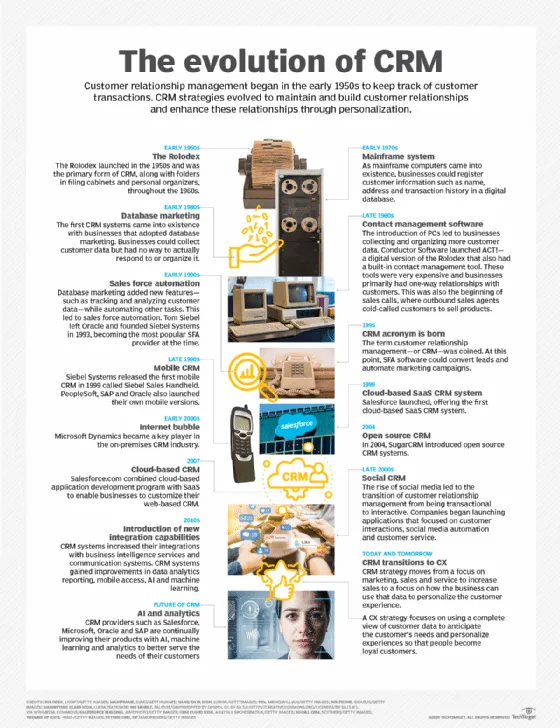The Evolution of CRM: Trends and Predictions
The Rise of AI-Powered Sales
In recent years, artificial intelligence (AI) has been transforming the sales landscape. AI-powered sales tools are becoming increasingly popular, allowing businesses to analyze vast amounts of data and make more informed decisions. According to a report by Forrester, 71% of companies believe that AI will become a key technology for sales teams in the next two years.
- Benefits of AI-powered sales:
- Personalized customer experiences
- Improved lead qualification and forecasting
- Enhanced data analysis and insights
Omnichannel Customer Engagement
As customers increasingly demand seamless interactions across multiple channels, businesses are shifting their focus to omnichannel customer engagement. This involves providing a consistent brand experience across web, mobile, social media, and in-store touchpoints.
- Key takeaways:
- 80% of customers expect consistency across all communication channels (Source: Harvard Business Review)
- Omnichannel engagement leads to increased customer loyalty and retention
- Businesses must prioritize integration and synchronization across all channels
The Growing Importance of Data Analytics
Data analytics has become a critical component of CRM strategies, enabling businesses to gain valuable insights into customer behavior and preferences. With the increasing volume of data being generated, companies are turning to advanced analytics tools to extract meaningful information.
- Key trends:
- 85% of customers expect personalized experiences based on their purchase history (Source: PwC)
- Data analytics can help businesses identify new revenue streams and improve operational efficiency
- Advanced analytics tools, such as machine learning and predictive modeling, are becoming increasingly popular
The Future of CRM: Trends to Watch
As the CRM landscape continues to evolve, several trends are expected to shape the industry in the coming years. These include:
- Increased adoption of cloud-based solutions
- Greater emphasis on customer experience and journey mapping
- Integration with emerging technologies, such as blockchain and IoT
Conclusion
The evolution of CRM is marked by significant advancements in AI-powered sales, omnichannel customer engagement, data analytics, and more. As the industry continues to adapt to changing customer needs and technological innovations, businesses must stay ahead of the curve to remain competitive. By embracing these trends and predictions, organizations can unlock new opportunities for growth, improved customer relationships, and increased revenue.

The Evolution of CRM: Trends and Predictions

Fundamentals of CRM with Dynamics 365 and Power Platform

Marketing Automation For Dummies

Successful Direct Marketing Methods: Interactive, Database, and Customer-based Marketing for Digital Age (BUSINESS BOOKS)

CRM & FFHH: analysis of real accidents

Connected CRM: Implementing a Data–Driven, Customer–Centric Business Strategy

Special Edition Using Microsoft CRM
Related Industry insights: See all
- CRM Industry Insights: How to Leverage Technology for Better Sales Outcomes
- CRM Industry Insights: Understanding the Evolution of Customer Relationships
- CRM Insights: Understanding Customer Journey Mapping
- CRM Insights: Understanding Sales Forecasting
- CRM Insights: Understanding the Power of Sales Forecasting
- CRM Trends for 2024: Industry Insights and Predictions
- CRM Trends to Watch Out for in 2024
- CRM Trends to Watch: Enhancing Customer Relationships
- Exploring CRM Evolution: From Data to Customer Engagement
- How CRM Can Help You Stay Ahead in Competitive Markets
- How to Leverage Customer Relationship Management for Business Growth